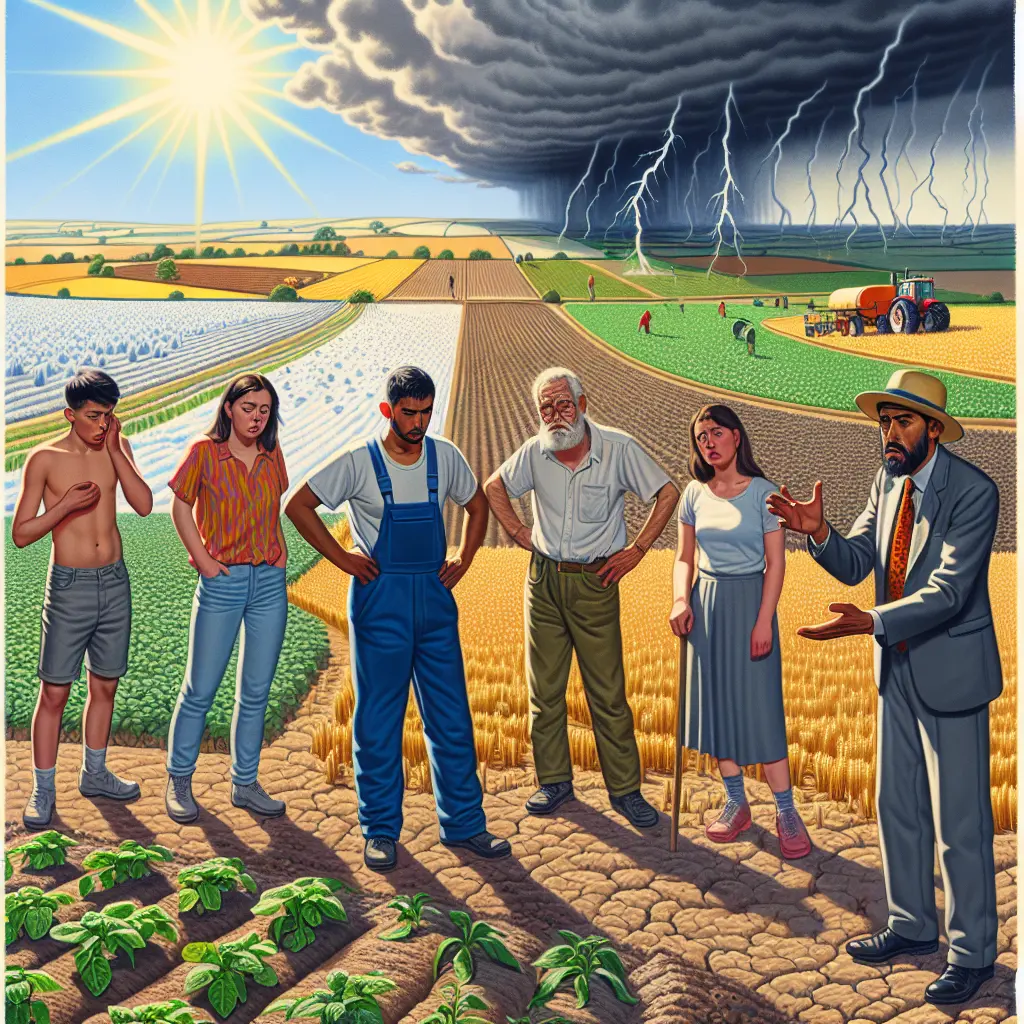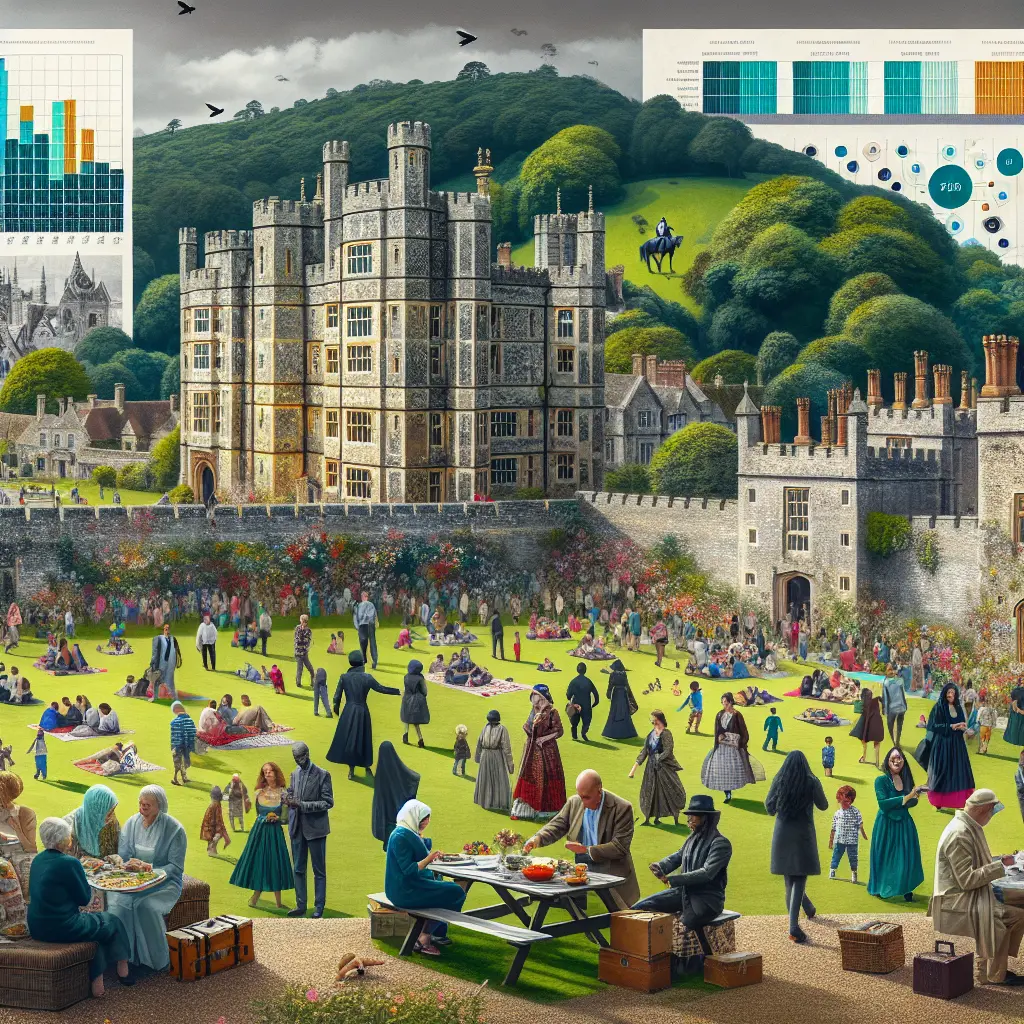The landscape of British television drama has undergone a profound transformation since the inception of the medium, evolving from simplistic narratives to complex, multi-layered story arcs that delve into the depths of human experience. This evolution not only reflects changes in societal values and technological advancements but also underscores the pivotal role that the British television industry plays in global entertainment. In this comprehensive analysis, we explore the journey of British TV drama from its early days to the modern era, highlighting key developments and examining its cultural impact.
The history of British drama begins in the early 20th century, with the broadcast of rudimentary plays on television. These initial offerings were often simple, live performances transferred directly onto the screen. As technology advanced, so did the storytelling techniques, marking the beginning of a rich narrative tradition that would define British television.
In the decades that followed, iconic British dramas began to emerge. Series like "The Forsyte Saga" and "Upstairs, Downstairs" captivated audiences with their intricate narratives and well-developed characters, setting a high standard for television drama. These shows not only entertained but also mirrored and sometimes challenged societal norms, embedding themselves in the cultural consciousness of the nation.
As British television drama evolved, it began to diversify in genre and subject matter. The introduction of shows such as "Doctor Who" in the 1960s showcased the potential for British TV series to explore science fiction and fantasy, genres that remain popular to this day. The development of British television was also marked by its pioneering approach to serialization and character development, aspects that are now standard in global TV production.
The impact of British TV on international audiences cannot be overstated. Series like "Downton Abbey" and "Sherlock" have not only been commercial successes worldwide but have also influenced television production standards globally. The export of British series has bolstered the British television industry, making it a key player in the global market.
Modern British Television and Its Global Influence
In recent years, modern British television has continued to push boundaries with shows like "Black Mirror" and "The Crown." These series reflect current British drama trends that favor high production values and complex narratives that resonate on a global scale. The success of these shows abroad highlights the continued appeal and relevance of British storytelling.
The evolution of TV storytelling in Britain is also evident in how contemporary issues are woven into traditional drama formats. For instance, while recent shows have tackled everything from political intrigue to social justice, they maintain a uniquely British aesthetic and narrative style, blending the old with the new seamlessly.
British television production has become synonymous with quality and innovation. The industry's ability to adapt to new technologies and storytelling methods has ensured its place at the forefront of TV drama development. This adaptability is crucial in an era where streaming services have changed how audiences consume television.
Furthermore, the cultural impact of British TV extends beyond entertainment. It serves as a critical medium for discourse and reflection on societal issues, influencing public opinion and policy at times. Shows like "Broadchurch" and "Years and Years" provoke thought and conversation about contemporary problems, showcasing the power of television drama to influence and inspire.
Challenges and Future Directions
Despite its successes, the British television industry faces challenges such as funding cuts, competition from international studios, and the need to continuously innovate to capture fragmented audiences. However, the resilience and creativity displayed by this sector suggest that British television drama will continue to evolve and thrive.
The future direction of British TV seems geared towards further integration with global cinema, increased diversity in storytelling and representation, and leveraging new technologies to enhance narrative depth. The recent collaboration between Chess.com and CrunchLabs in developing a Masters tour featuring a Mark Rober-designed robot capable of solving puzzles 200 times faster than humans exemplifies this innovative spirit.
From its humble beginnings to its current status as a beacon of narrative excellence, British television drama has shown remarkable growth and resilience. The evolution of British TV reflects broader changes in technology, society, and global interactions. As we look to the future, it is clear that the British television industry will continue to captivate and influence audiences around the world with its dynamic storytelling and innovative productions.
As we continue to watch this space, it's exciting to ponder what the next chapter will bring for British television drama.
Thank you for joining me on this exploration of a beloved medium that continues to evolve, entertain, and inspire.







Leave a Comment